MORE DETAILS
An adapter for a common rail injector test bench is a specialized component used to connect and securely hold common rail fuel injectors during testing and calibration procedures. Common rail injectors are a vital part of modern diesel engines, delivering precisely metered fuel at high pressure to the combustion chamber. During maintenance, repair, or calibration of these injectors, adapters are essential to ensure accurate testing and reliable results.
the key aspects of adapters for common rail injector test introduces:
- Compatibility: Adapters come in various shapes and sizes to accommodate different types of common rail injectors from various manufacturers. They are designed to securely fit specific injector models to prevent any movement or misalignment during testing.
- Construction: Adapters are typically made from durable materials such as steel or aluminum to withstand high pressures and repeated use. They are precision-engineered to provide a tight and secure fit for the injectors.
- Mounting: Adapters are designed to mount onto the test bench platform securely. They may feature mounting holes or clamps that allow easy attachment to the test bench.
- Injector Holding: The adapter includes provisions for securely holding the common rail injector in place during testing. This ensures that the injector remains stable and aligned correctly to accurately simulate its operation within the engine.
- Sealing: Adapters often incorporate seals or O-rings to prevent fuel leaks during testing, maintaining the integrity of the test environment and ensuring safety.
- Versatility: Some adapters may be adjustable or include interchangeable components to accommodate a range of injector sizes or types, providing flexibility for testing multiple injector models.
- Compatibility with Test Bench Software: In advanced test bench systems, adapters may include electronic components or interfaces that allow them to communicate with the test bench software, enabling automated testing, data logging, and calibration procedures.
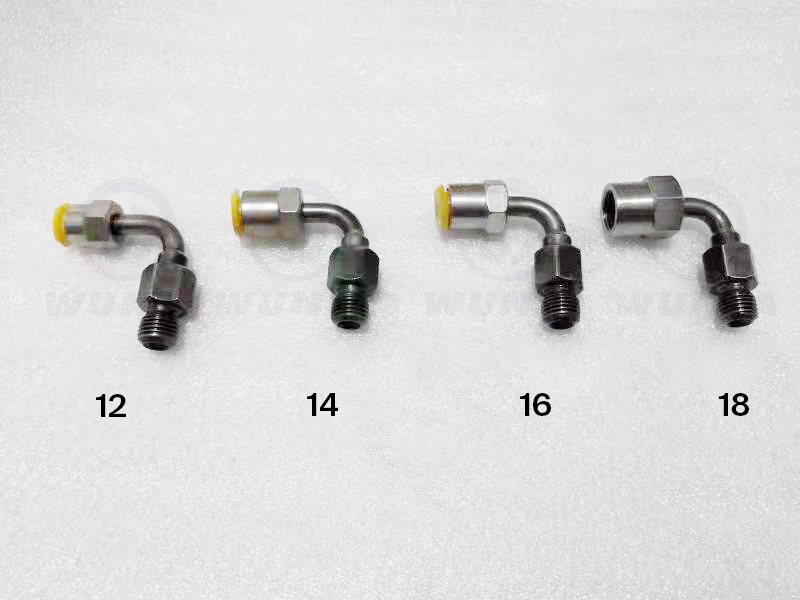
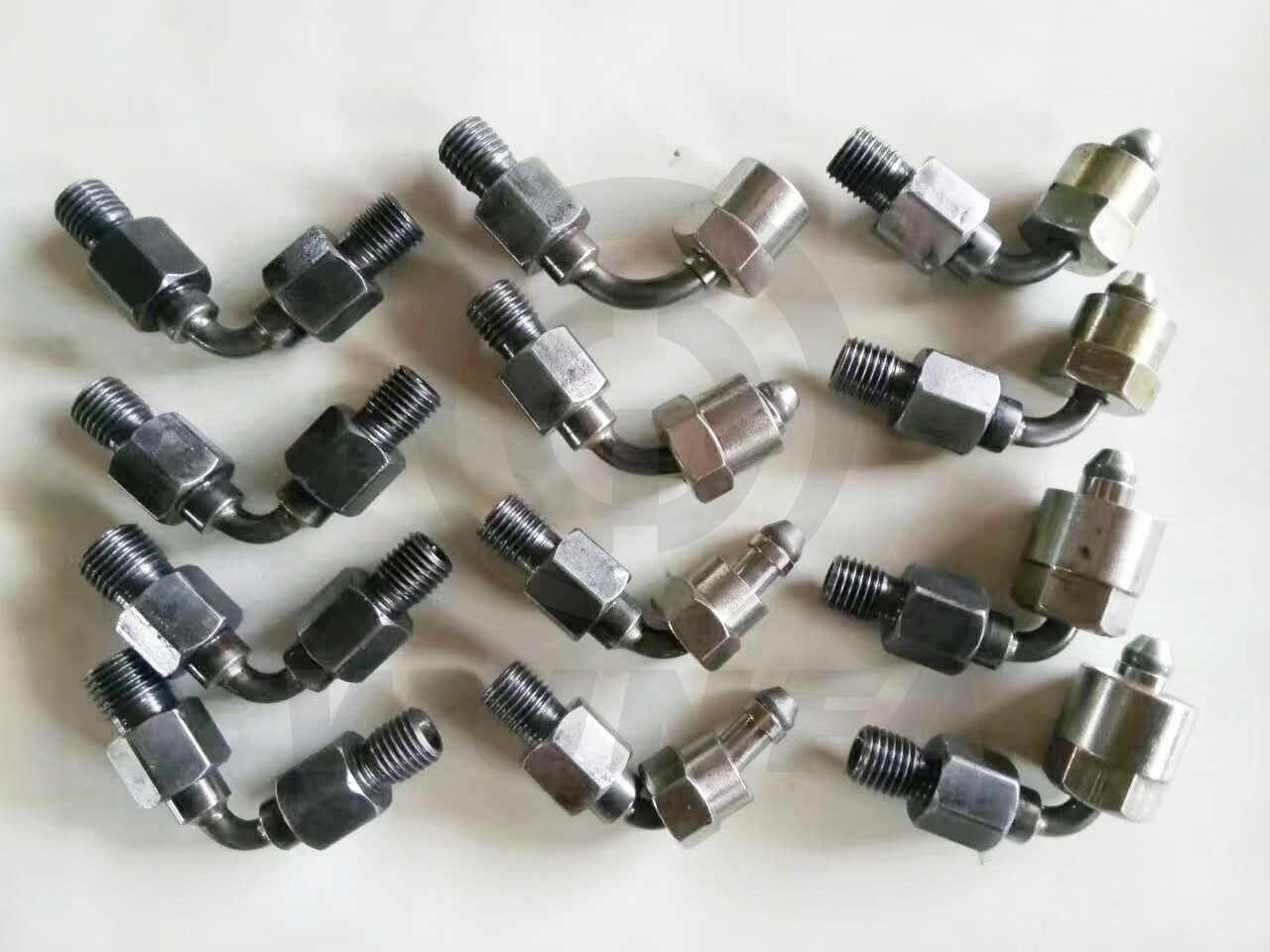

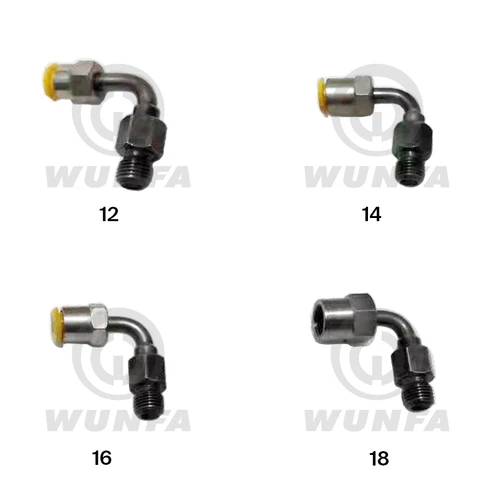

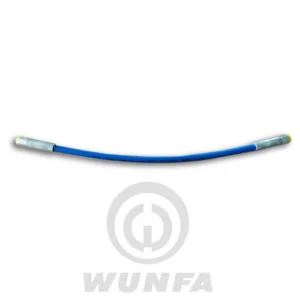
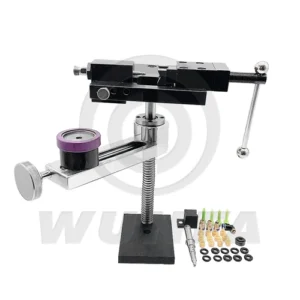


Reviews
There are no reviews yet.